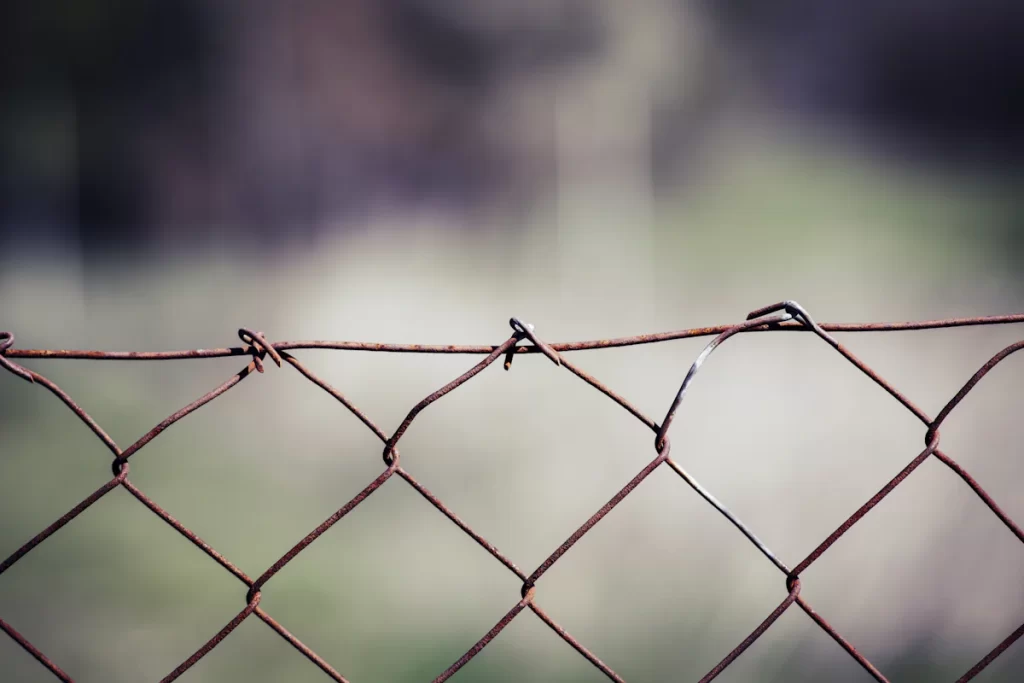
In a world where saying “yes” is often seen as a virtue, the simple act of saying “no” can feel like an uphill battle. Yet, it’s time to reframe our understanding of this powerful word and recognize it as a crucial tool for maintaining our well-being and personal integrity.
So why do we find it so challenging to utter that two-letter word? For many of us, saying “yes” feels instinctual. Whether it’s out of a desire to please others, fear of missing out, or avoidance of conflict, we often prioritize the needs of others over our own. However, research suggests that our fears of the consequences of saying “no” are often exaggerated. In reality, those close to us are more understanding than we give them credit for, and declining an invitation is unlikely to have the dire social consequences we fear.
Moreover, saying “yes” to others often means saying “no” to ourselves. By overcommitting and neglecting our own needs and priorities, we undermine our self-worth and integrity. As psychotherapeutic therapist Steve Fayers aptly puts it, saying “no” defines a boundary that preserves our sense of self and self-worth.
But how can we learn to harness the power of “no” and set boundaries effectively? It begins with self-awareness. By recognizing our tendencies to overextend ourselves and examining the motivations behind our actions, we can begin to reclaim our autonomy and prioritize our well-being.
Setting boundaries is a process that takes time and practice. It involves stepping back and evaluating our values and priorities, rather than reflexively agreeing to others’ demands. By clarifying what is truly important to us, we can make informed decisions about where to allocate our time and energy.
Of course, saying “no” politely and gracefully is an art form in itself. It’s essential to communicate our boundaries assertively yet respectfully, acknowledging the other person’s perspective while staying true to our own needs. Offering alternatives or deferring decisions can also soften the blow and maintain positive relationships.
Ultimately, saying “no” is not a rejection of others but a reaffirmation of ourselves. It’s a declaration of self-respect and self-care, empowering us to prioritize our well-being and pursue what truly matters to us. So let’s embrace the liberating power of “no” and start honoring ourselves with each boundary we set. In doing so, we may find a newfound sense of freedom and authenticity that enriches every aspect of our lives.

 YOU to build the best version of yourself! Let me show you how—Follow me!
YOU to build the best version of yourself! Let me show you how—Follow me!















 HAPPY BIRTHDAY, ISAGENIX!
HAPPY BIRTHDAY, ISAGENIX! 

 A
A




 Save the Date!
Save the Date! 

Leave a Reply
You must be logged in to post a comment.